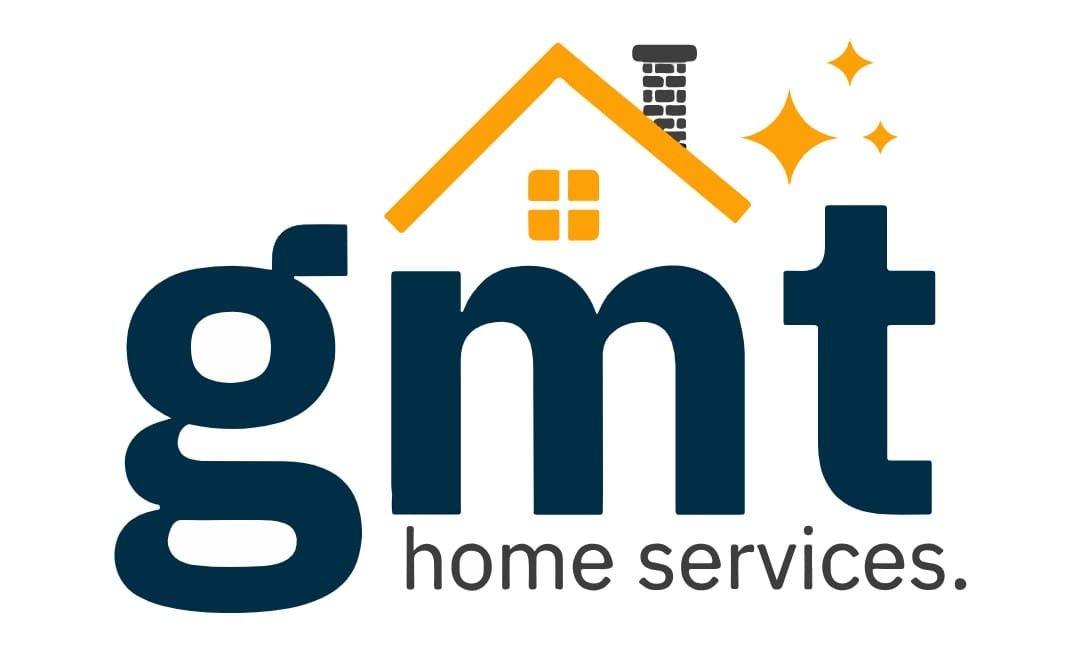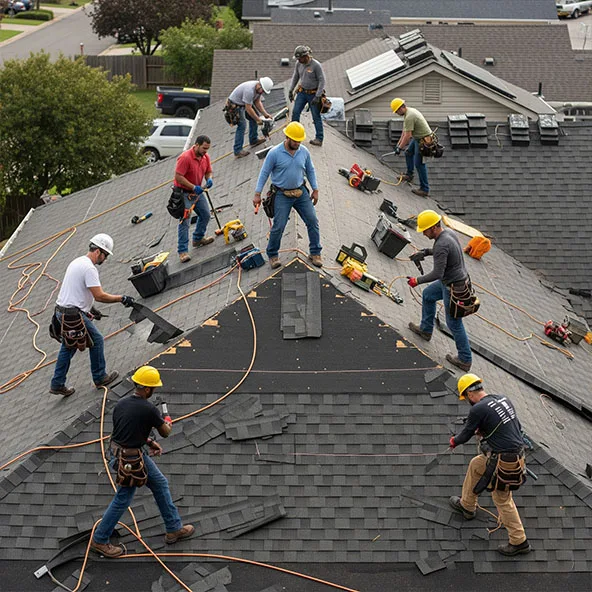If you’re a homeowner, there comes a time when you’ll need to seriously consider roof replacement. Whether due to normal wear, significant damage, or an aging old roof, this isn’t a small decision.
The national average for replacing a roof ranges between $5,755 and $12,498—but the total cost can climb based on roof size, roofing materials, and the complexity of the roofing installation.
When Is It Time to Replace Your Roof?
The need to replace your roof often begins with an expert roof inspection. A professional roof inspector evaluates your existing roof—checking for old shingles, further damage, minor repairs, and the condition of the roof deck. If your home has experienced leaks, missing shingles, or your energy bills are on the rise, that’s a red flag. It may be time to move beyond roof repair and consider a full roof replacement.
Planning Your Roofing Project
Before you dive into your roofing project, assess your goals and limitations. How long do you plan to stay in your home? Are you looking to improve curb appeal or increase efficiency with new shingles or even solar roofing? If your existing shingles have reached the end of their lifespan, it may be more cost-effective in the long run to tear off the old materials rather than layer over them. Doing so prevents improper installation and allows for inspection of the roof deck and metal drip edge.
Also, make sure your roofing contractor is familiar with local building codes, as these affect the types of materials and installation methods allowed in your area.
Types of Roofing Materials: Choose Wisely
Your choice of roofing materials plays a huge role in the replacement cost. The most popular option is the asphalt shingle due to its affordability and ease of installation. Architectural shingles, a high-end version of asphalt, provide a dimensional shingle style and longer lifespan.
Other material types include:
- Metal roofs, known for durability and energy efficiency.
- Wood shake shingles, offering a classic look but requiring more maintenance.
- Solar shingles, which can reduce energy bills but come with a higher upfront cost.
- The material costs vary dramatically, and your choice will also affect how much extra labor or special equipment is needed—especially for homes with steep slopes.
Full Roof vs. Partial Roof Replacement
If your existing roof only has isolated damage, a partial roof replacement may be tempting. However, this could lead to mismatched shingle style, uneven wear, and eventually, a full redo. A full roof replacement ensures a consistent look and performance and often leads to fewer problems down the line.
Be cautious—attempting diy roof replacement might seem like a way to save money, but it’s fraught with risks, from improper installation to safety hazards. Without a trained roofing crew, you might end up doing more harm than good, especially if you’re dealing with other debris, rotted roof deck, or complex roof pitch.
Roof Replacement Cost Breakdown
Understanding what goes into roof replacement cost is crucial. Pricing typically ranges from $4 to $11 per square foot, and your roof’s square footage (or roofing square, which equals 100 square feet) directly impacts the total cost.
Here’s what contributes to roofing costs:
- Material costs (based on your selected shingles or panels)
- Labor by certified roofing professionals
- Removal of old shingles and other debris
- Fixing or replacing metal drip edge
- Installation of new shingles
- Meeting local building codes
Geographic location also plays a role. For instance, a roof replacement in a storm-prone area may require more robust materials and installation practices to cover damage risks.
Should You Repair or Replace?
In some cases, roof repair may be enough—especially if the old roof is relatively young and only has minor repairs needed. But if your roof inspector finds widespread deterioration, water intrusion, or sagging, replacement vs. repair becomes an easy decision: go with the new roof
One big advantage of a full roof replacement is that it can often improve your homeowner’s insurance rates and make future claims easier if your policy helps cover damage from weather events.
Roofing Contractor Selection and Quotes
Always get multiple quotes from licensed and insured roofing contractors. Don’t just compare total cost—look at what’s included: warranties, clean-up services, disposal of existing materials, and timeline. A reputable roofing contractor will explain the process, from tearing off the entire roof to laying down the final drip edge.
Look for professionals with a track record of handling roofing square calculations, proper roof pitch work, and installing all relevant materials without cutting corners.
Financing Your New Roof
Paying for a new roof can feel overwhelming. Fortunately, there are several financing options, from personal loans to home equity lines of credit. Some roofing companies even offer in-house financing. Just be sure to review interest rates, fees, and repayment terms to keep your roofing project within budget.
Final Thoughts: Your Roof, Your Home’s Crown
Replacing your roof isn’t just about keeping water out—it’s about protecting your home, maintaining its value, and investing wisely. The overall cost may feel steep, but with the right roofing contractor, high-quality materials, and careful planning, it pays off over time.
When the time comes to replace that old roof, make sure you’re making decisions based on facts—not just costs. Your roof guards your family, your memories, and everything under it.
If you’re not sure where to begin, start with a professional roof inspection, request multiple quotes, and choose a contractor who treats your home like their own. You’ll be glad you did.


